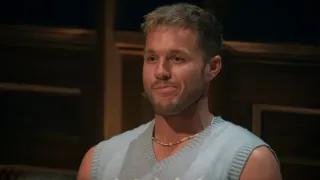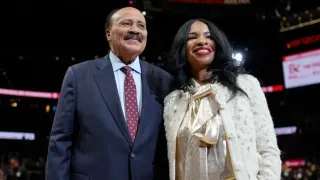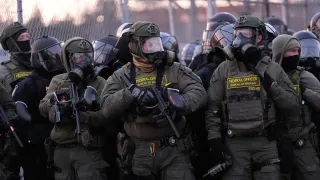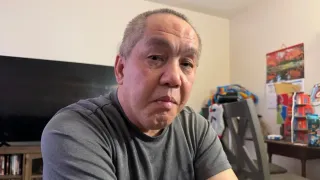February 5, 2021
Review: 'The Snoopy Show' a Perfect Blend of the Familiar and the New
JC Alvarez READ TIME: 2 MIN.
This canine won't quit!
Charles Schulz's beloved "Peanuts" characters have been at the cornerstone of entertainment for several generations, and in the gang's latest iteration the "real" star is getting his own shot in the spotlight. AppleTV+'s "The Snoopy Show" premieres world-wide on the subscriber streaming service February 5. Given the appetite for some "feel good" content given the state of the world, this is just the scratch needed to satisfy the itch for some happy-go-lucky toons!
There's always been an air of mystery surrounding Snoopy. Charlie Brown's pet companion is no ordinary beagle, and he often "out cools" Chuck and any of the Peanuts gang, even Lucy. When he's not battling the Red Baron high in the skies, Snoopy is skipping and dancing to jazz and making light of just living right. He's content and finds joy in the simplest of things, especially those that inspire his imagination. Along with his sidekick, Woodstock, Snoopy has often proven that there isn't anything he can't set his mind on doing and accomplish.
Each episode of the all-new adventures is comprised of three seven-minute nuggets based on the comic series, reminiscent of the animation that has kept us fans for seven decades, but with a contemporary spin that will appeal to new and old audiences alike. Finally, we'll learn all about how Charlie Brown found his furry best friend, how Snoopy befriended Woodstock, and follow along every epic exploit with Snoopy and every one of the Peanuts gang. "The Snoopy Show" is everything you remember about first falling in love with Charles Schulz's creation, and more.
Check out the trailer here:
"The Snoopy Show" joins the considerable line-up of Apple Originals, many of which are perfectly suited for younger audiences and even better to share as a family. The best part is, with a subscription to AppleTV+ you can bring "The Snoopy Show" with you everywhere you go, so you can watch on your computer, iPhone, or iPad. In full color, and beautifully animated, "The Snoopy Show" is the perfect bookend companion to the other original series, "Snoopy in Space," which charts all-new territory as Snoopy joins NASA and becomes an astronaut.
"The Snoopy Show" begins streaming on AppleTV+ on February 5.






